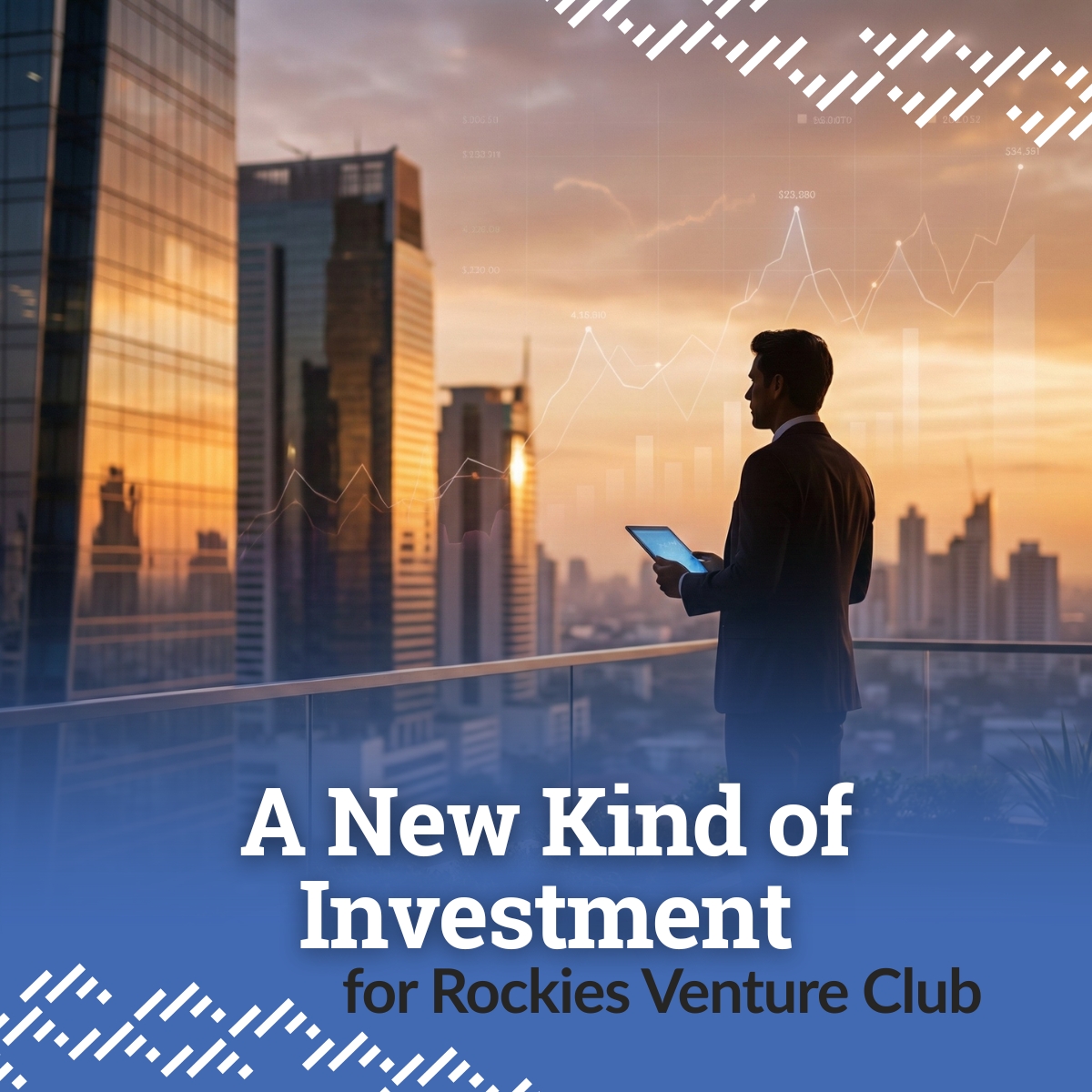Dear <CEO> –
I hope you and your families and friends are healthy and staying safe. There is no “sale” worth jeopardizing your health. No meeting is worth exposing yourself or your team to something for which there is presently no cure. Please be careful.
I was running early stage companies in both Sept 2001 and in March of 2008. This feels EXACTLY like those situations. Fear and uncertainty reign. No one person has a completely accurate view of the situation because it is SO complex and unprecedented. In case you care, here are a few observations on how I would apply my own experience if I were running an early stage company today:
- If I was selling to enterprise or government buyers, I’d expect everything to stall. Sales pipeline will get rigor mortis and nothing will move forward for months. That means any revenues you were counting on from companies not already under contract will NOT materialize anytime soon.
- If I had contracts with cancellation clauses, I’d expect to see half my enterprise customers exercise those clauses. Government buyers don’t tend to cancel in the near term, but commercial enterprises will start shedding expenses UNLESS I’d already been able to PROVE clear cost savings for them. If my value proposition was about generating more revenue for them, they will STILL cancel because many of their clients/prospects will not be buying right now.
- If I had less than 12 months of cash on hand, I’d start preserving cash NOW. TODAY. It is incredibly painful to have to lay off people who you worked so hard to recruit and train, and who have worked so hard for your shared future and vision. But you have to think about the business surviving first so you will live to fight another day and have any hope of re-hiring people later. I would triage my accounts payable and stretch my vendors to 90 days or more. I’d call and tell them I was doing that, but I had no choice if the business was going to survive.
- Even if I had more than 12 months cash on hand, I’d move to conserve cash immediately. I’d defer discretionary expenditures. I’d look for opportunities to reduce my non-strategic expenses like rent or other things where I may be able to renegotiate the deals.
- I would look for opportunities for “customer financing” – getting happy customers to pre-pay for the next 12 months of product/service and offer something special in return.
- If I had a revolving line of credit, I would draw it down NOW. The interest cost is small price to pay for the security of the cash.
- If I had a term sheet on the table or was in mid-raise with “soft circles”, I’d expect it will fail. Venture funds will continue to invest, but only after a few months go by to allow them to reassess the market dynamics and even then the valuation they offer will be much lower even if there is no apparent reason for that. Angels already have “alligator arms” and are fast shutting down all investing until they understand their own personal liquidity. They are thinking about their families and their own health since the majority of them are over 60. I’d expect them to be cautious and slow-moving for at least 6 months. I’d look to find capital from family and friends and credit cards and second mortgages to stay alive. Another option…
- I’d look for opportunities to sell services to customers/prospects for short-term revenue flows to keep the lights on. I’d think about where my expertise is and how I can leverage that near-term to create value for someone.
Bottom line: act fast to preserve cash so you have more options 6 or 12 months from now. Expect the situation to get far worse than you may initially think (e.g. 20% unemployment; 8-12 weeks of “social distancing”; a big viral rebound in the fall of this year; fundraising rounds taking 12-18 months). If it’s any better than that, you’ll be ahead of the game.
I will never forget how my first big exit completely fell apart in the fall of 2001 and took many months to put back together (at a lower price). Or how I had bankruptcy papers on my desk in 2008. Or the incredible pressure of having to keep my family afloat and protect my staff – many of whom had become close friends and all of whom had families of their own. In both situations, I acted too slowly, was overly optimistic about how soon things would turn around, and pushed the company too close to the edge. I was too optimistic and overly confident of my own ability to impact a market being buffeted by forces far larger than I could overcome – no matter how hard or smart I worked.
But we adapted, learned, and thrived. You can too.
We are huge fans of you and your team and want to help. We are still investing. What we’re looking for are companies who A) have good market traction, B) have the ability to ratchet-down their monthly burn rate, C) are sufficiently well financed to seize opportunities in the market, and D) have CEOs who are not prone to mistaking hope for judgment. Call anytime we can help with anything.
Stay well; act fast. Remember, YOU are the core of your asset. Take care of YOU.






.jpg)




